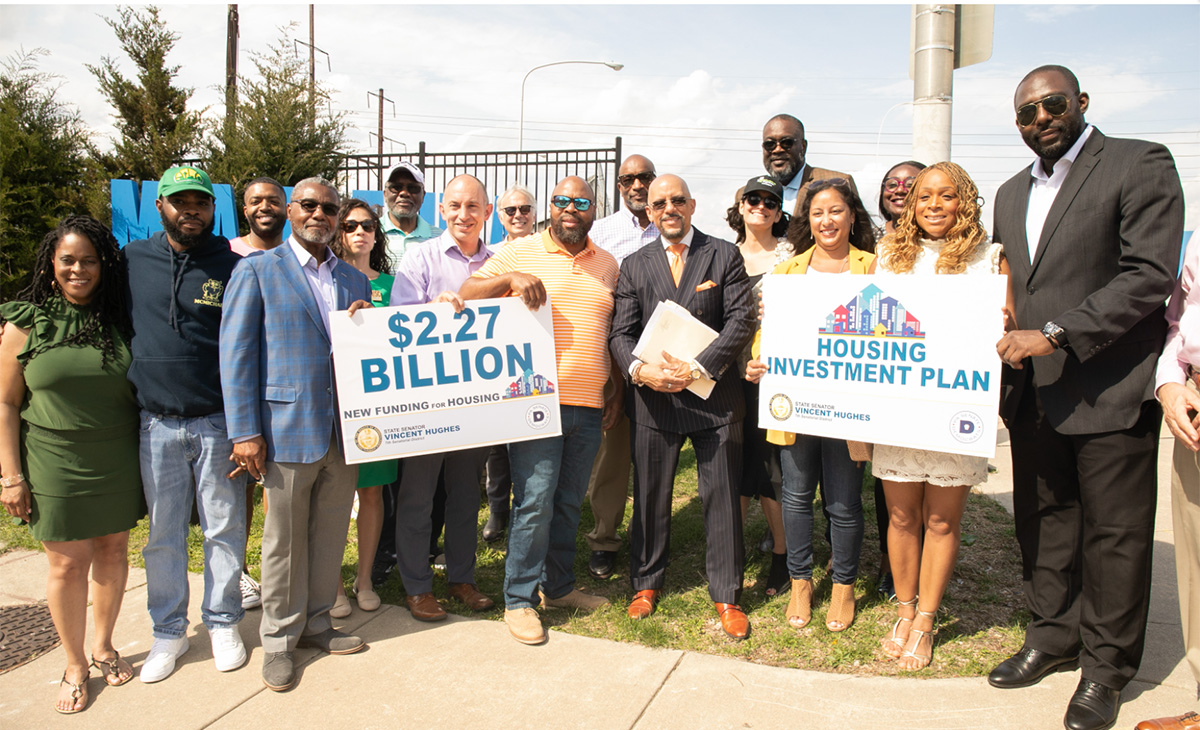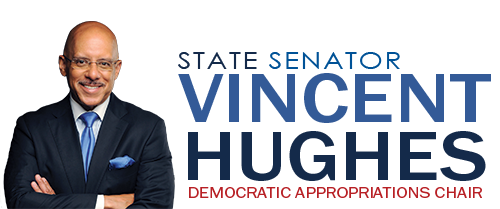Housing Investment Plan: A Historic Opportunity to Stabilize Neighborhoods
$2.27 billion plan could construct thousands of new housing units across PA
Philadelphia has seen a housing boom, but it’s a bust for our middle-and -lower income neighbors.
Working families, including the essential workers who have been bearing the brunt of the pandemic, are being priced out of their own communities by economic forces beyond their control.
At the same time, Pennsylvania is sitting on a record surplus along with billions in unused ARP funds. We have an opportunity to help our neighbors remain our neighbors.
I’m proposing the Housing Investment Plan to put $2.27 billion into affordable housing, an unprecedented investment that would fund construction of thousands of new housing units across Pennsylvania, over the next five years. Every year, builders of proposed affordable housing projects in Pennsylvania are unable to make their plans work because of a lack of investment by the state.
The Housing Investment Plan provides funding through proven, successful programs to clear the backlog of proposed projects and get construction started quickly. We know that the need for housing goes well beyond the backlog and this plan will encourage more projects that will provide more homes and ease the growing housing shortage.
Construction of new units is not the only answer to the housing crisis. The Housing Investment Plan will serve as a complement to Sen. Nikil Saval’s Whole-Home Repairs legislation, which I’m co-sponsoring.
The Whole-Home Repairs Act (Senate Bill 1135) is a bipartisan bill that creates a one-stop shop for home repairs and weatherization while building out our workforce and creating new family-sustaining jobs in a growing field. The Whole-Home Repairs Act is the first bill of its kind in the nation, making it so that Pennsylvanians can stay warm, safe, and dry in homes they can afford.
In addition to essential workers, the housing affordability crisis has created barriers for veterans, victims of domestic violence, seniors and the disabled. We have the funds and therefore we have the opportunity to protect the vulnerable, preserve communities and keep our neighbors as our neighbors.

